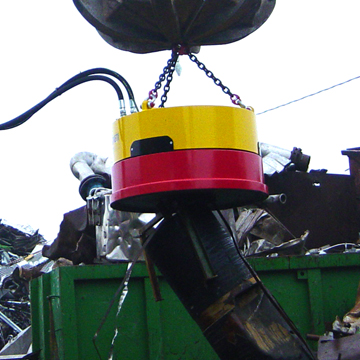
Success in Scrap & Demolition
Getting started in demolition might seem equally simple for scrap processors: They’re familiar with many of the materials demolition firms handle, and some major equipment they already own is suited to both tasks. Cherry Demolition (Houston) began in 1952 and opened its first recycling center in 1992, though the company processes only the scrap that comes from its own demolition projects. Graunstadt began his career in demolition, left to start his scrap company in the mid-1970s, and later added a demolition division to create volume. After working in demolition for his father for several years, he founded Earth Waste Systems, a scrap and demolition company that also specializes in deconstruction. As might be expected, scrap companies that later added demolition services still get the majority of their revenue from scrap. The scrapyard workers “occasionally go out and help on demolition jobs, but most of the time we try to keep our demolition guys doing demolition and our scrap guys doing scrap,” Griffin says. Efficiency is the key to success in scrap and demolition. You can’t double- and triple-handle material in the yard or on the job site. Your operators have to be experienced in bringing a structure down and separating the material correctly.

